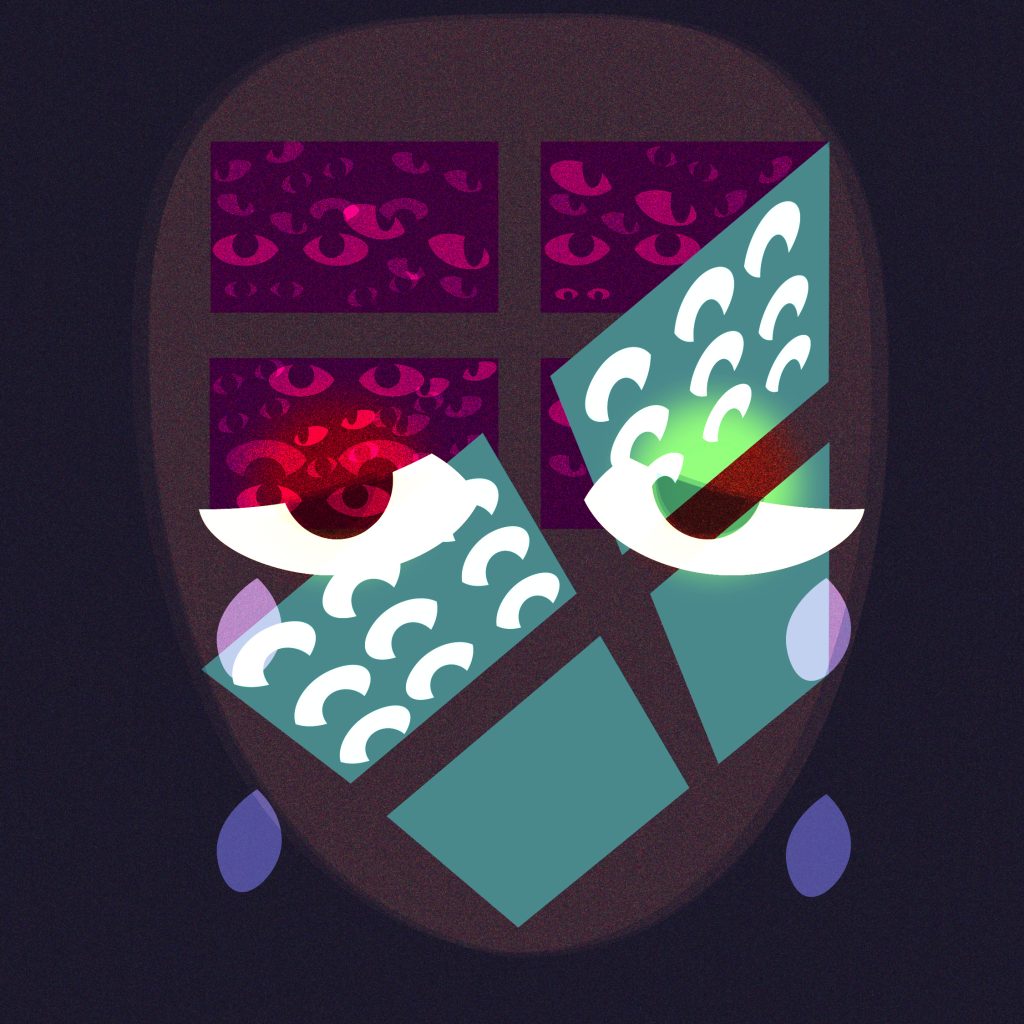If you or someone you know may be a victim of human trafficking, contact the Canadian Human Trafficking Hotline at 1-833-900-1010, or visit their website here. Their number is available 24/7 and in over 200 languages. If you or someone else may be in danger, their response advocates are experts who can help victims of trafficking.
Human trafficking is typically a problem we in New Brunswick view as being something far from home. From movies like Taken it feels like an exotic problem that occurs “over there.”
Julia Drydyk told CBC that, “it is really important that Canadians understand that this is a Canadian issue.”
It takes shocking events to bring attention to the fact that the trafficking of human beings, especially minors, is a real problem faced by New Brunswickers and the larger Maritime region.
Earlier in November, a 16-year-old New Brunswick girl was rescued by authorities after calling 911 from a hotel where she was being held captive by a 30-year-old man and a 28-year-old woman in Bridgewater, Nova Scotia.
The pair are facing charges including:
- Recruiting a person under 18 for the purpose of exploiting sexual services contrary to Section 279.011 of the Criminal Code of Canada.
- Receiving a financial benefit resulting from committing an offence under Section 279.01(1) of the Criminal Code Canada.
- Unlawful confinement contrary to Section 279(2) of the Criminal Code of Canada.
- Committing sexual assault contrary to Section 271 of the Criminal Code of Canada.
- Administering a destructive or noxious substance contrary to Section 245(1) of the Criminal Code of Canada.
Police in Bridgewater have suspicions that this case involved other communities within New Brunswick and Nova Scotia, likely with the captive girl being transported from one location to another.
A recent report from the Canadian Centre to End Human Trafficking illustrates how the Trans-Canada Highway between New Brunswick and Nova Scotia serves as a human trafficking route through the Maritimes.
Traffickers will rent multiple cars with fake IDs to make police tracking a difficult job.
They will have their young victims work in strip clubs or as escorts, pocketing the money while the girl is used as forced labour.
The girls are often unaware of what city they are in and lack the means to escape their captors.
Research found that traffickers often recruit in Moncton sex markets and lure girls back to Halifax or in communities around the city, such as Bridgewater.
The process generally includes targeting a potential victim, grooming the target, manipulating the target, and finally exercising control over them. It is a slow and gradual process, often differing from the “snatching” one might expect from a Hollywood film.
While the majority of traffickers are men, women are surprisingly common perpetrators of these crimes, and often help men to traffic other women. The typical trafficker is also not of any particular class or ethnic background, making it difficult to identify patterns.
Even once escaping their captors, living a normal life again is an uphill battle.
Survivors of sexual abuse and trafficking often face stigma and there are supports in New Brunswick to help those who are able to escape.
The Women’s Equality Branch is available to survivors at 506-453-8126 and web-edf@gnb.ca




